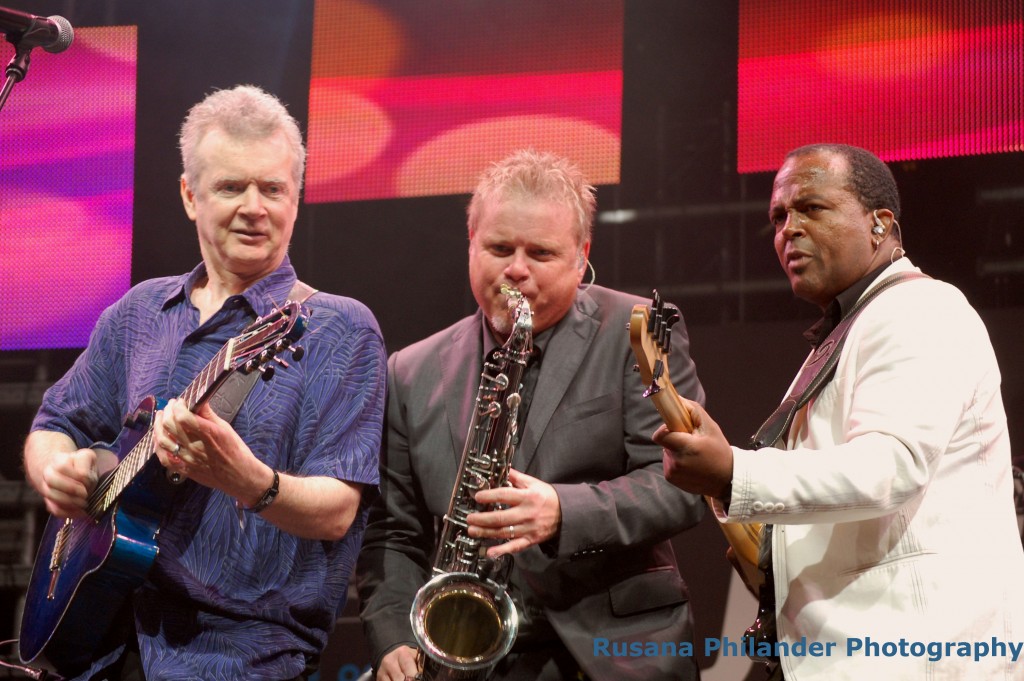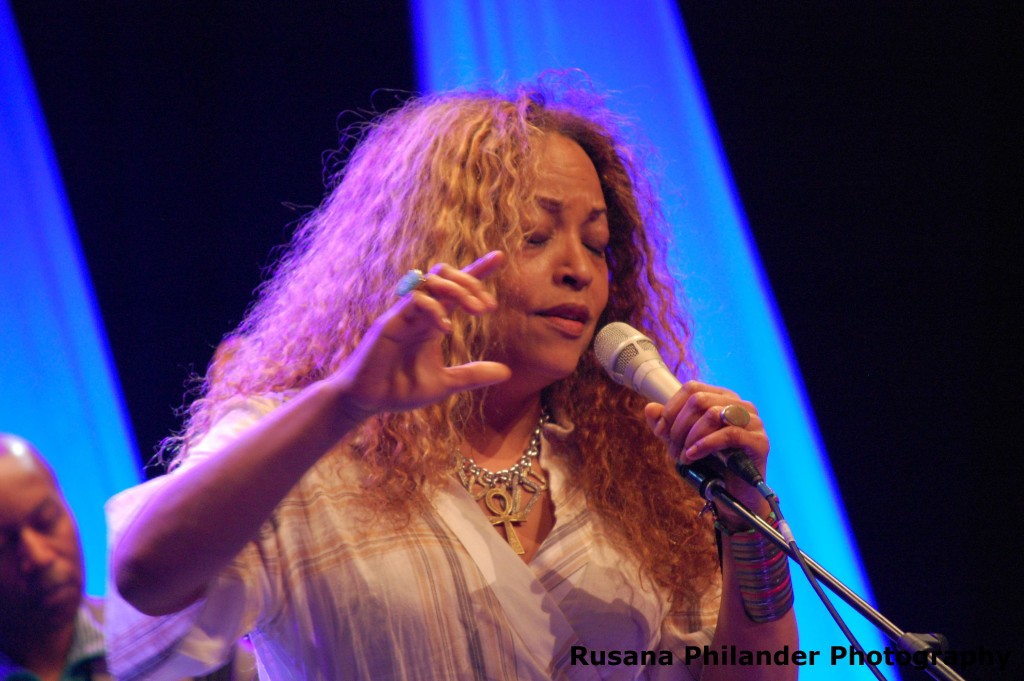From TZ Business News Correspondent Rusana Philander, Cape Town.
Festivals have only one thing in common: they are all happy events! And so was the case with this year’s Cape Town Jazz Festival in early April, 2016.
It was a huge gathering which brought saxophonists, trumpeters, flutists and of course guitarists and drummers face to face with their admirers. And yet, something else was hiding somewhere in the sounds of guitar strings, the throbbing drums and blaring trumpets–South Africa was making money!
In its 17 th year, this year’s Cape Town Jazz Festival was not only South Africa’s grandest gathering, but also a source of income to the country. The Cape Town International Jazz Festival contributes more than R500 million to the Western Cape’s GDP annually.
It also created 2,723 jobs during the time of the festival. The Cape Town International Jazz Festival is also described by many as the jewel in Cape Town’s crown of events.
Khalid Abdulla, the acting CEO of espAfrika, the events company which organizes the festival said the festival provides SME’s an opportunity to grow both economically and professionally and foster job creation, adding however, that it was extremely stressful for business, sports and arts to perform in current economic conditions.
“Through the festival, we annually generate close to 3 000 jobs. This is how the jazz festival is making a significant impact on our national economy–something we have remained committed to doing throughout the 17 years,” he said.
“The festival annually contributes more than R500 million to the Western Cape’s GDP. In 2015 it created 2 723 jobs, of which 321 were direct and 2,402 indirect. To pioneer is to lead and I am therefore pleased to say this company has risen admirably to the challenge of securing its place in the halls of festival fame,” Abdulla said.
Nathi Mthetwa the minister of arts and culture said that music bridges divides. He further said that during the liberation struggle, musicians used their music to conscientise South Africans and the world against apartheid. The minister ignored impatient music lovers asking him to leave the stage because they had come for music—not politics.
“Great works of art emerged as well as songs we continue to listen to up till today,” Mthetwa said. “The music was an affirmation of our humanity and stirred people into action through recognising the oppression that existed, the need to bridge the divides between people.”
Khalid Abdulla, speaking for the organizing company said, “the stellar line-up for the 17 th annual Cape Town International Jazz Festival is exceptional and a true testament to the talent and skill this company continues to exude.”
“This is further substantiated by the continued support of our national sponsors and partners, as well as our broad range of suppliers. Many of these suppliers and stakeholders are local small and medium enterprises (SME’s),” the acting CEO said.





